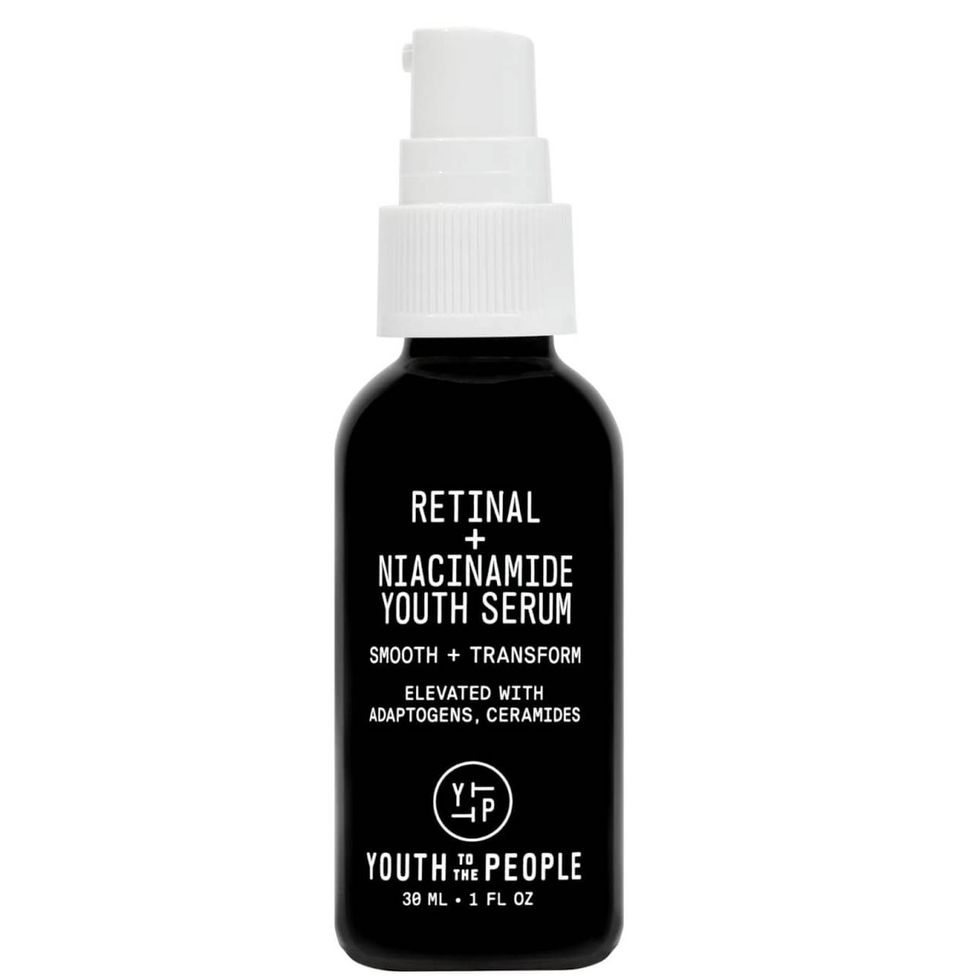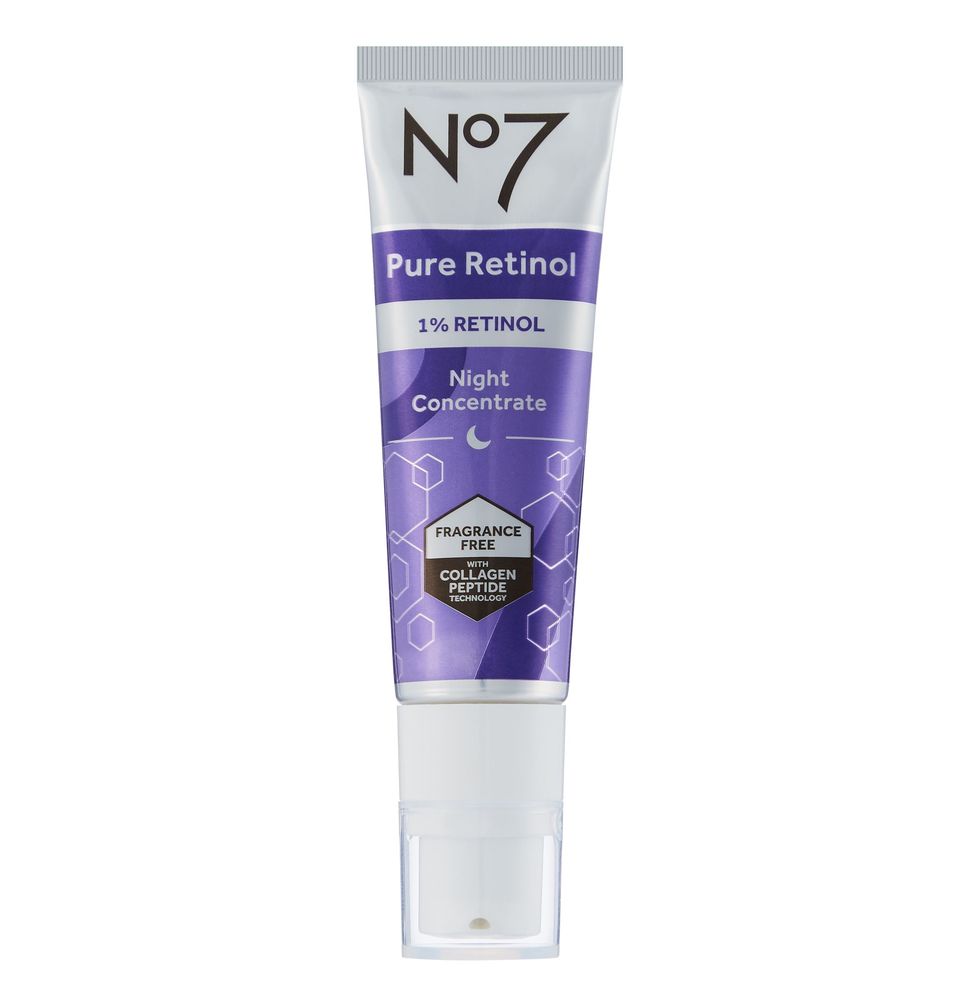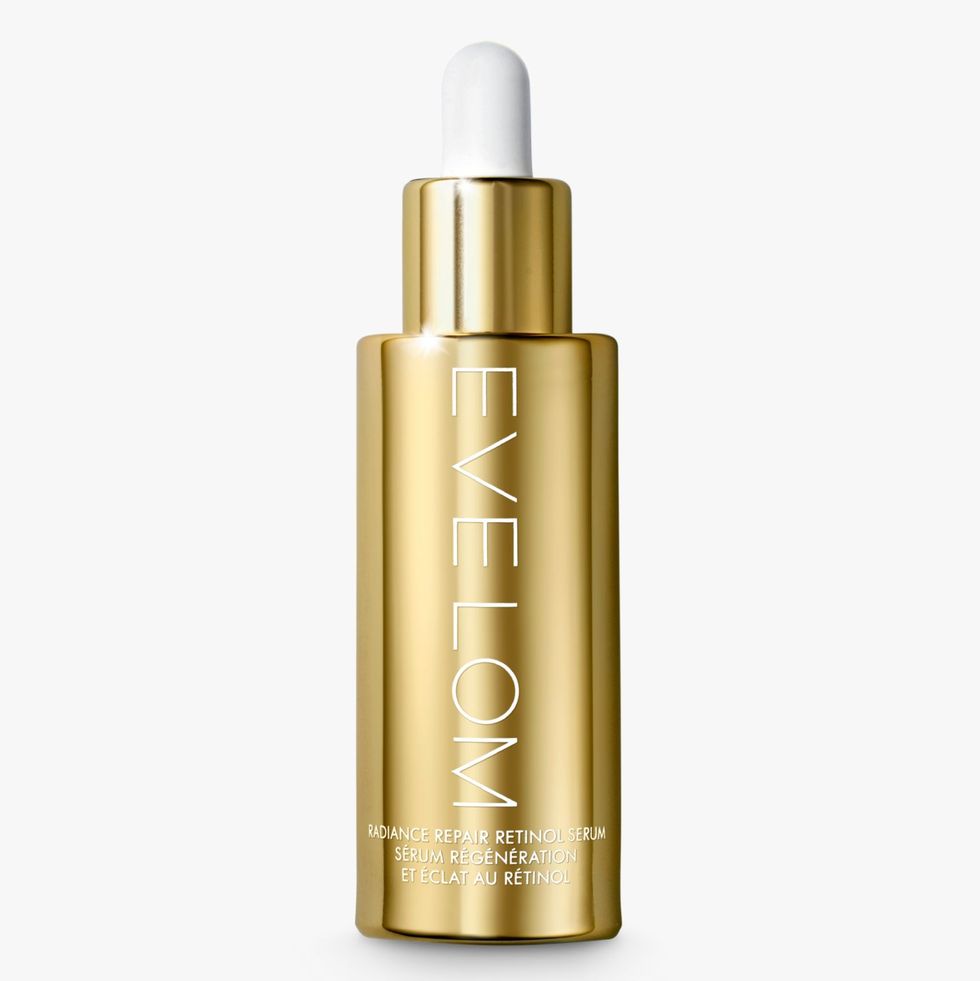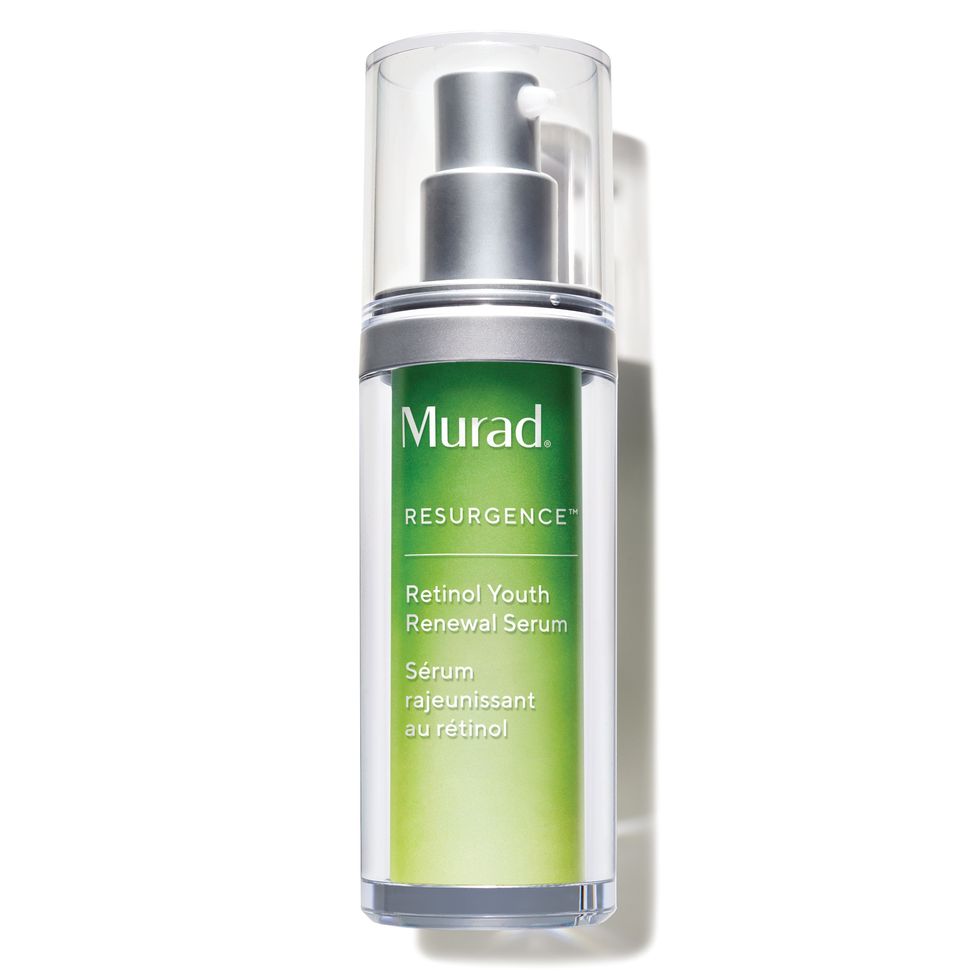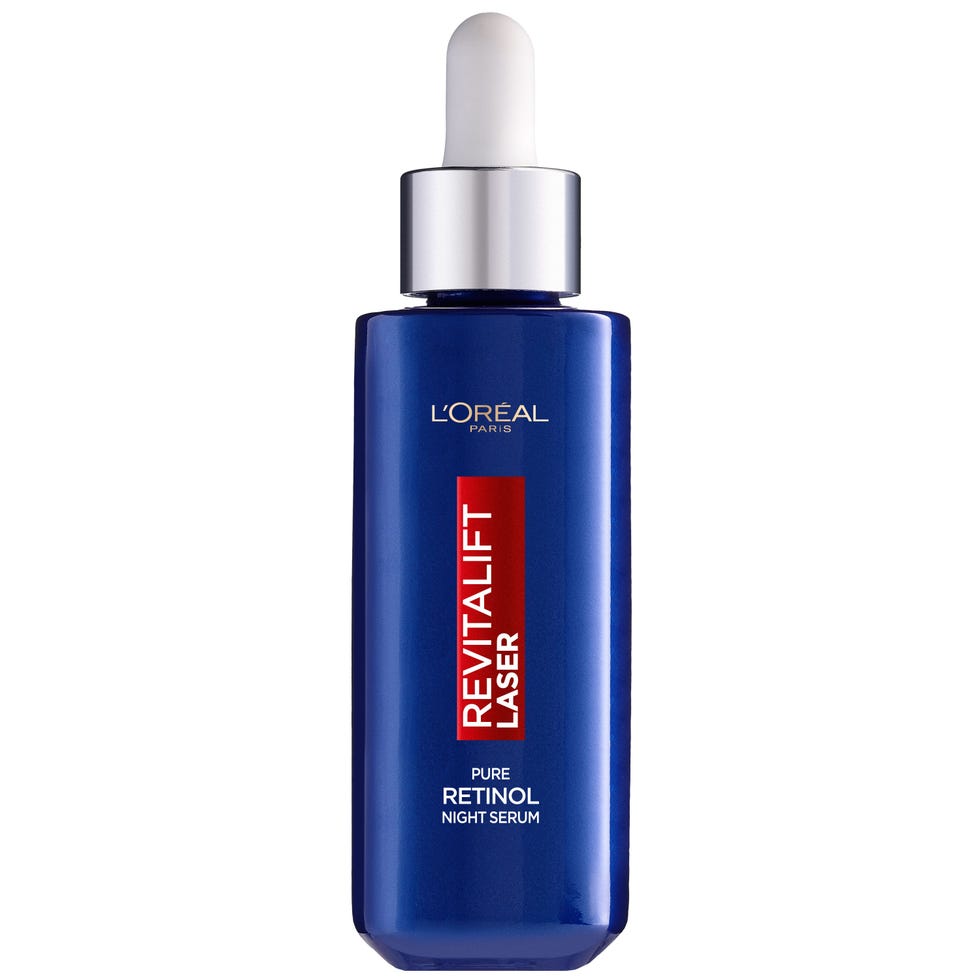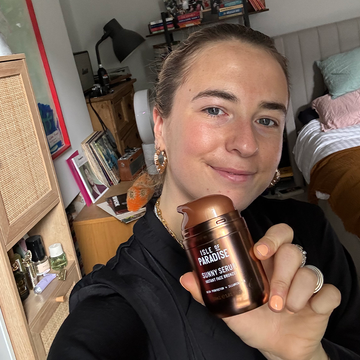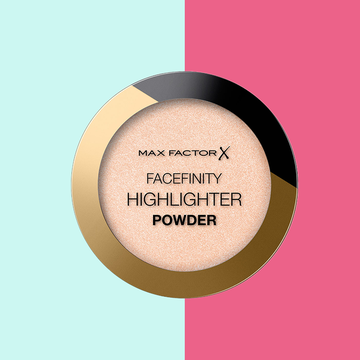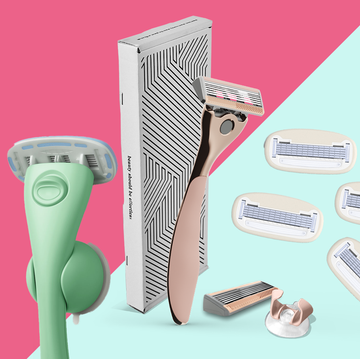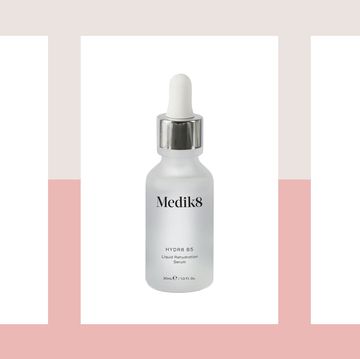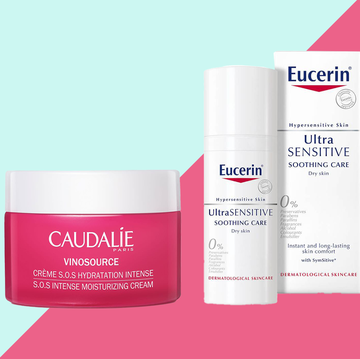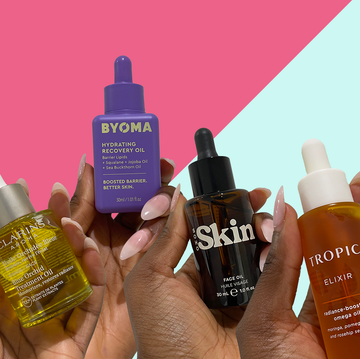We earn a commission for products purchased through some links in this article.
13 best retinol serums for 2025, tested by 340 women
Enjoy smoother, firmer-looking skin with our beauty lab's top picks
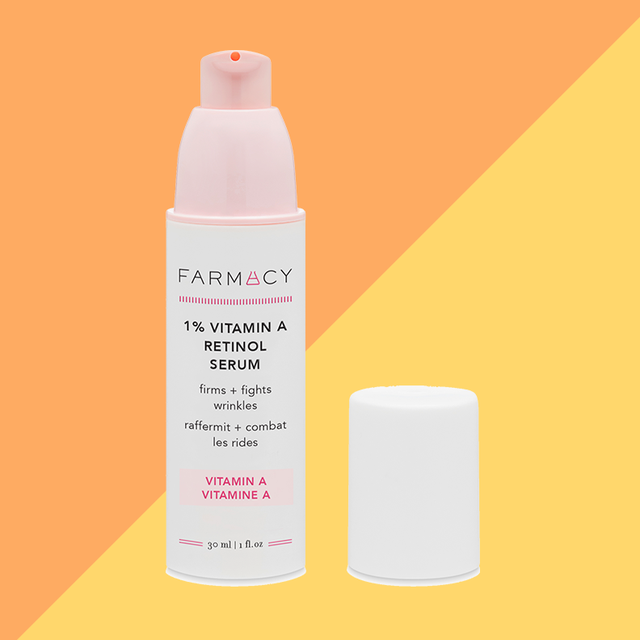
Retinol is rightly celebrated as a game-changing skincare ingredient. The holy grail for tackling a raft of skin concerns, from fine lines and wrinkles to hyperpigmentation and blemishes, the best retinol serums can be true anti-ageing heroes.
Once only found in dermatology clinics but now available over-the-counter, retinol can speed up skin cell regeneration and boost collagen production to help smooth, firm and brighten your complexion. Ever the multi-taster, it can also help to unclog pores and prevent treat acne.
However, with buzzwords and confusing clinical claims flooding the skincare market, and some top retinol serums costing over £50 for as little as 30ml, it’s important to know what you’re buying and whether it will suit your skin type before you splurge.
As a quick explainer, retinol is part of the family of lab-made vitamin A derivatives known as retinoids, which also includes retinal. The difference between retinol and retinal is that the latter converts more quickly to retinoic acid in your skin – more on that below. Our GHI Approved serums all contain either retinol or retinal.
What is the best retinol serum to use?
To find the best retinol serums for noticeable results, the Good Housekeeping Institute enlisted 340 panellists to help us test 21 brands. These are our top picks at a glance, but you'll find our detailed reviews below.
Is retinol a retinoid?
Yes, retinol is a form of retinoid, a class of chemical compounds derived from vitamin A. Understanding retinoids can be tricky if you aren’t a skincare guru, so we asked Dr Anjali Mahto, a medical and cosmetic consultant dermatologist, to explain the difference between the types.
“Retinol and retinal (abbreviated from retinaldehyde) can be bought over-the-counter and are weaker than retinoic acid, which is generally a prescription-only agent,” she says.
What is the best retinol for beginners?
Depending on the concentration and formulation, retinol is generally a milder choice than retinal. This is because it takes longer to convert to the most potent retinoic acid in your skin, reducing the risk of irritation. Experienced retinol users, however, may prefer the faster results of retinal.
First-timers and those with sensitive skin may wish to try a gentler retinyl ester – look for retinyl palmitate, retinyl acetate and retinyl linoleate in the ingredients list.
Whichever retinoid serum you choose, start with a low dose of around 0.2% and increase the strength slowly, as side effects including tingling and flakiness are common.
Going too strong, too soon, can cause dryness and make fine lines and wrinkles more pronounced – not the aim of the retinoid game! Patience is key. “You will not see results overnight and it may take up to 12 weeks before any benefit is noticed,” says Dr Mahto.
Below, you’ll find products with 0.15% retinoid for beginners, through to 1% blends for more experienced users.
Are there any side effects of retinol?
“Retinoids can cause burning, stinging and peeling when first applied,” says Dr Mahto. “Build up their use slowly – a few times weekly – until you are able to use them nightly. If the product makes your skin sore, give it a break; if not, you are okay to continue using it.
“Speak to a dermatologist if you have sensitive skin or an underlying inflammatory skin condition, such as eczema, psoriasis or rosacea, as retinoids can potentially cause problems.”
Should you moisturise after retinol?
Yes! Moisturising hyaluronic acid and ceramides can help to lessen the severity of retinol side effects. However, Dr Mahto recommends waiting 15 to 20 minutes after applying your retinol serum before following up with your chosen night moisturiser, to avoid affecting the retinoid's efficacy.
And always remember your SPF the next day. Applying a daily SPF 30 or higher every morning is always a must, of course, but even more so if you're using retinol at night. Retinol leaves skin more susceptible to sun damage, so don't forget this step. We know you wouldn't anyway.
What can you not mix with retinol? And what ingredients work with retinol?
For best results, use your retinoid serum in the evening after cleansing, as sunlight reduces its effectiveness (there’s a reason why all good retinoid products come in dark or opaque packaging and some people store theirs in a fridge).
However, don't mix retinol with AHAs or BHAs because using too many active ingredients, too frequently, can spark sensitivity. For this reason, you should also take care if you're using a cleanser with actives.
If you want to use both retinol and the best vitamin C serums in your routine, apply the latter ingredient in the morning to give your skin a breather. Some brands do blend the two together, but these products have been carefully formulated to avoid irritation, so don't take a DIY approach.
As mentioned above, hyaluronic acid and ceramides are both ingredients that work well alongside retinol in your routine, thanks to their hydrating benefits.
What are the new retinol EU laws?
At the end of 2024, restrictions in European laws around retinol will start to be rolled out, taking three years to come into full effect.
Brands will have 36 months to reformulate your favourite retinol products, with the ruling limiting the concentration of pure retinol used to o.3% for facial products and 0.05% for those used on the body.
How we test retinoid serums
Our panel of 340 beauty lovers tested 21 brands of retinoid serums for eight weeks. They gave feedback on how easy each product was to apply, whether they experienced any discomfort or irritation after use, and whether they saw any improvements to their skin.
In the Good Housekeeping Institute beauty lab, we used a VISIA Skin Analysis machine to assess any changes to fine lines and wrinkles, pores and skin texture once the trial period ended.
Florence is our Senior Beauty Writer, specialising in expert-tested beauty and grooming reviews — from toothbrushes to the latest skincare launches. She’s committed to sharing recommendations for products that truly work and make people feel confident and healthy. Prior to this she was at Tropic Skincare, where she worked closely with biochemists in the lab, delving into the functions of each fresh, natural ingredient and conveying its efficacy to her audience in easy-to-digest terms.
With over five years’ experience in beauty and health journalism, Florence has written for ELLE, Women’s Fitness, Sister Magazine, National Geographic Traveller and many more, with a strong sustainability angle thread through much of her work.
When she isn’t packing for a trip away, working out, eating out or reading up on retinol serums, you’ll probably find her experimenting with her film camera and building her portfolio of portraits. Florence’s photography can be found at florencereeves-white.com, her Instagram is @florencereeveswhite and her twitter is @floreadsnwrites
Orla was our Former Senior Beauty and Grooming Tester.

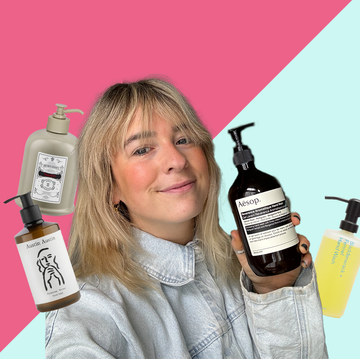
The best luxury hand soaps and creams
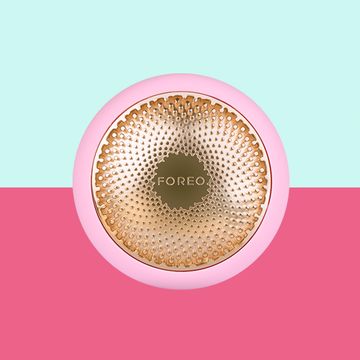
The best LED face masks, tested by 170 people
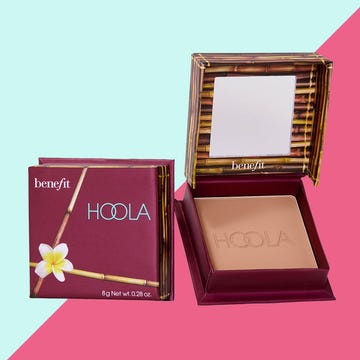
Best bronzers for a sun-kissed glow
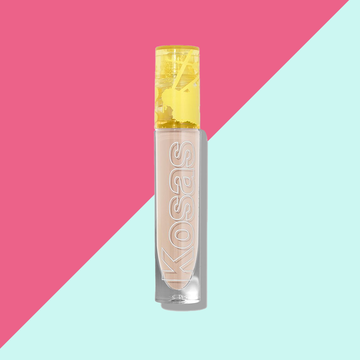
The best concealers, tried and tested






